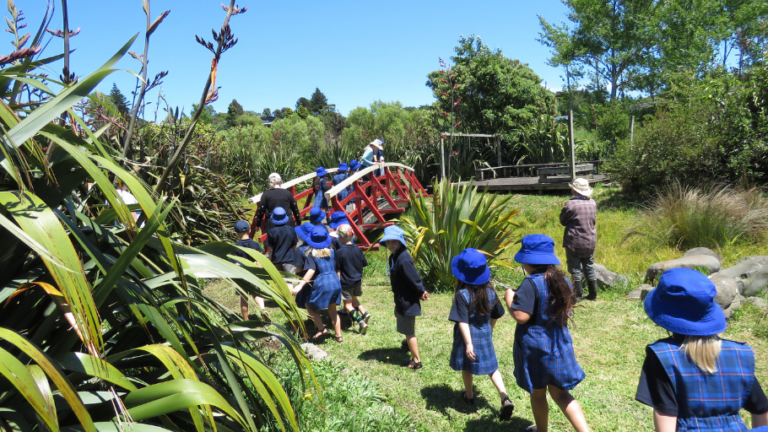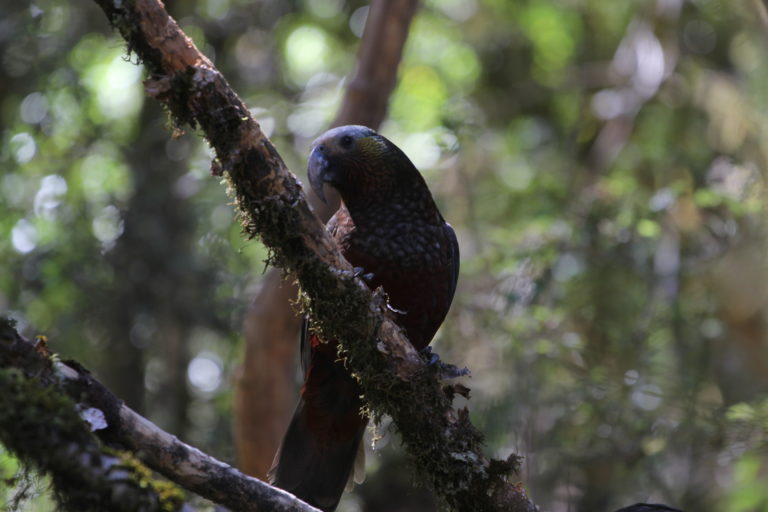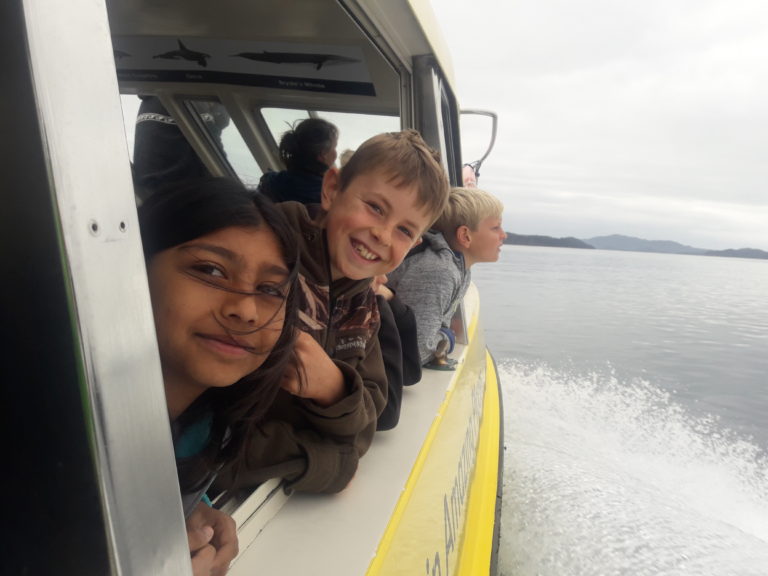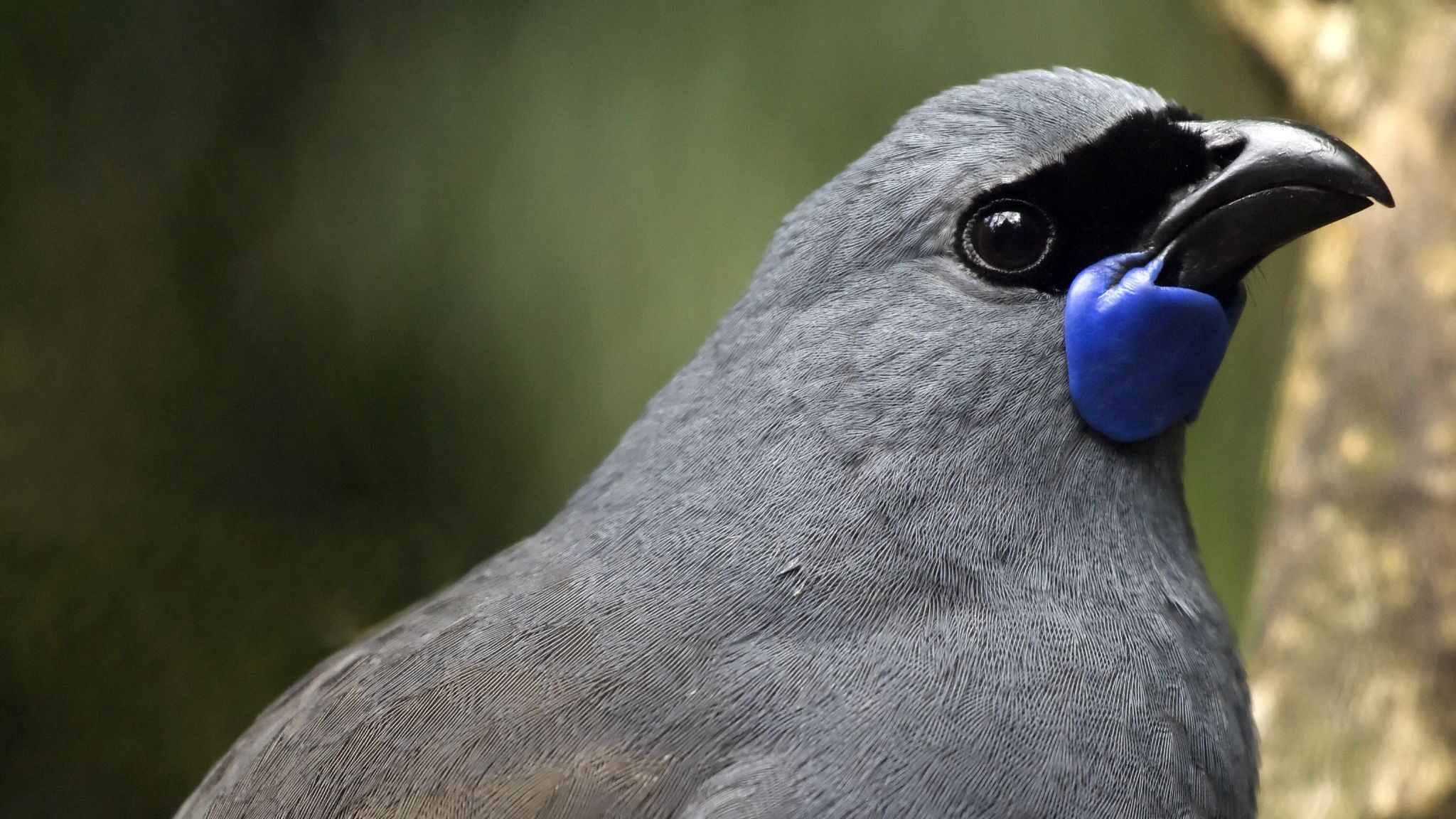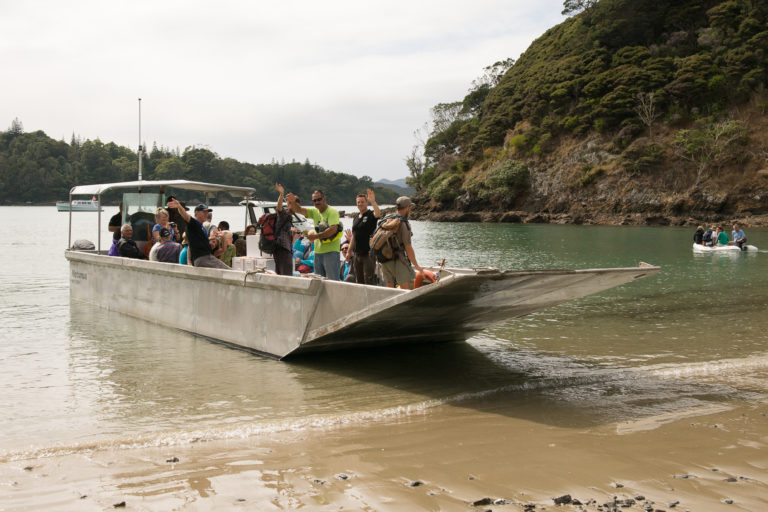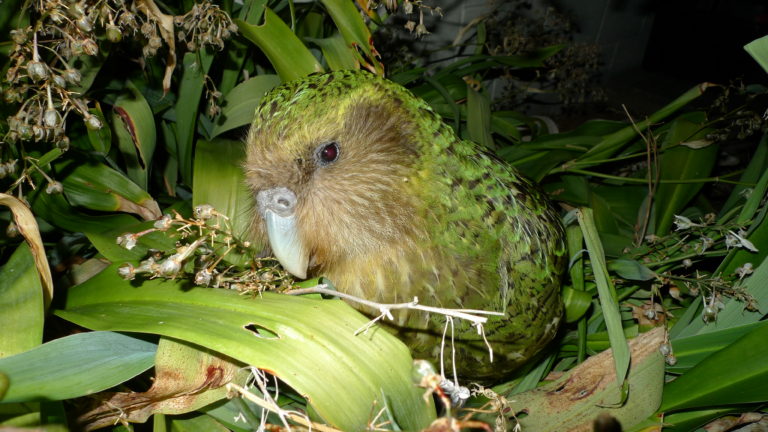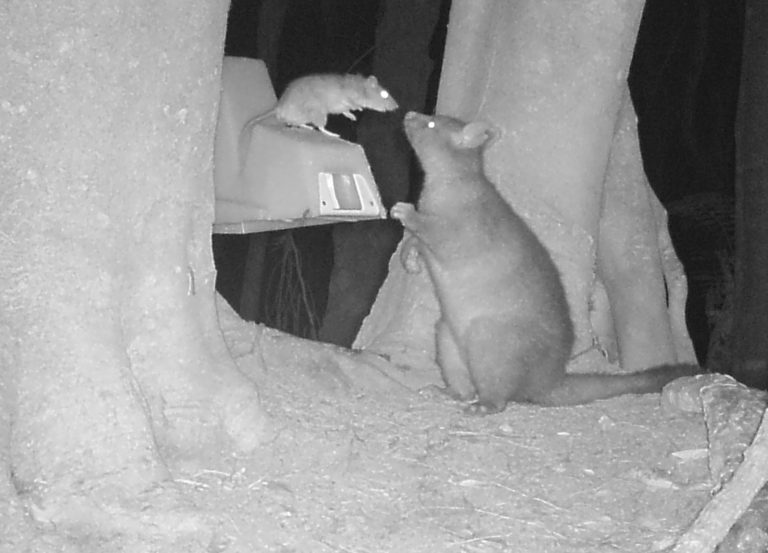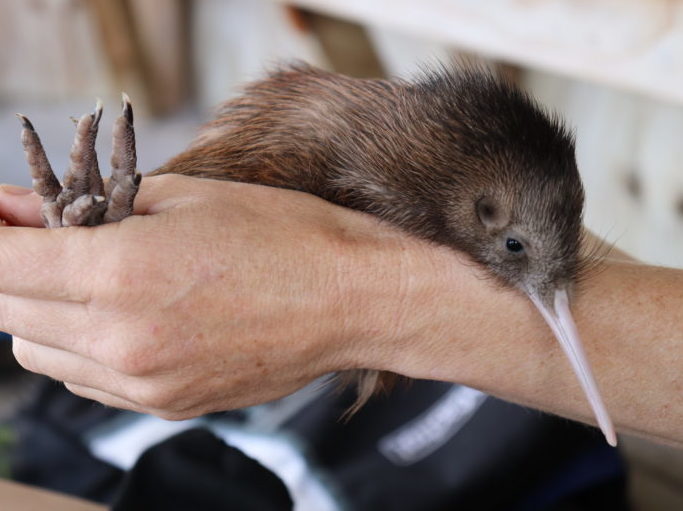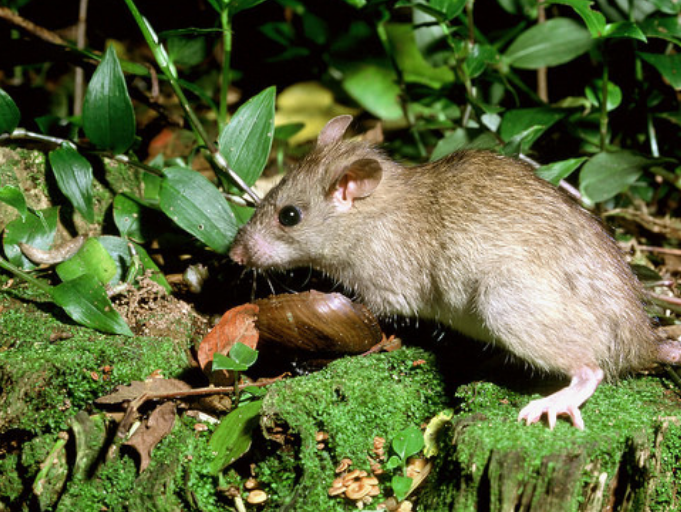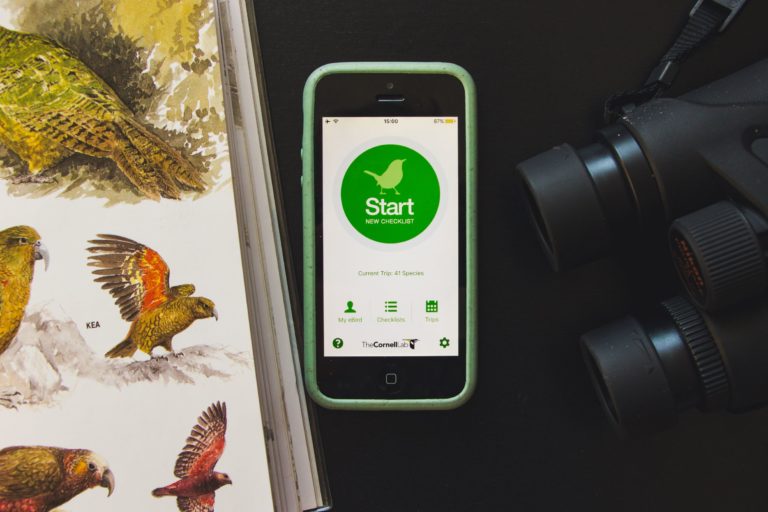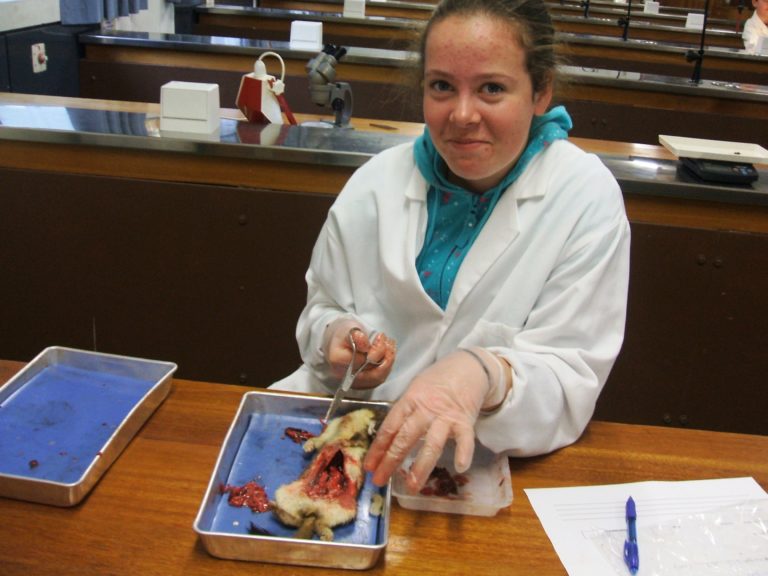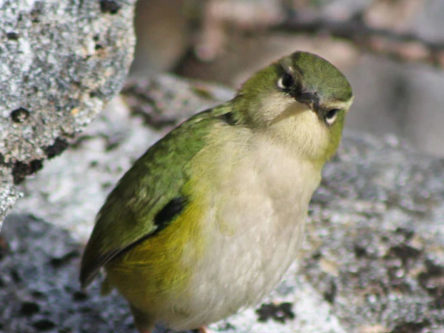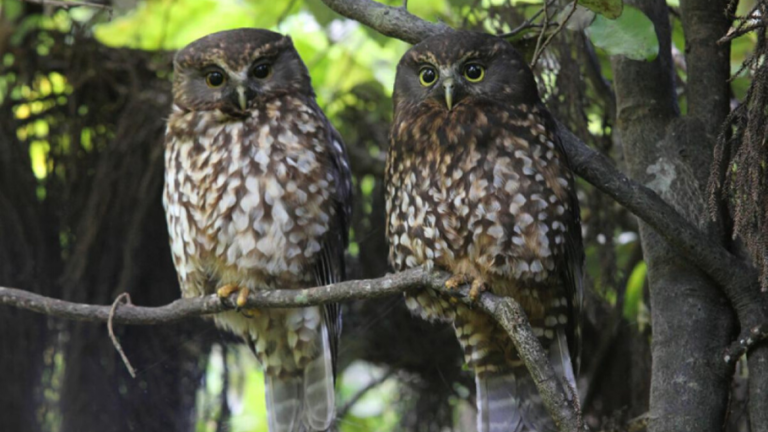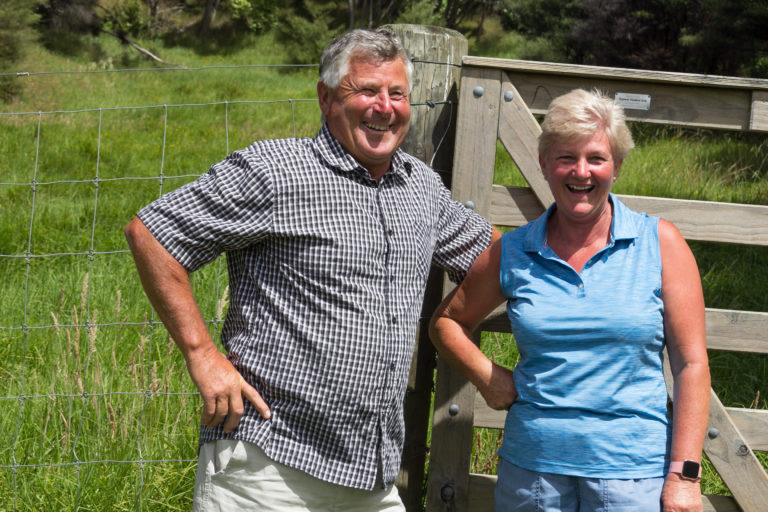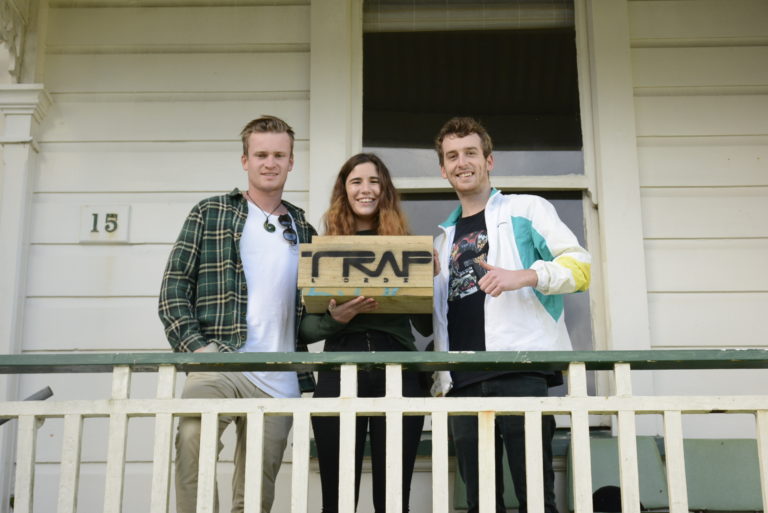St Joseph’s students keen to enhance school wetland
St Joseph’s School in Waitara used to have a problem. The school is built on the site of an old riverbed and every winter their…
Thermal squeeze could put pressure on native wildlife
Thermal squeeze: it’s what happens when temperatures rise, predators spread out to higher altitudes and their vulnerable prey species are squeezed into less-than-ideal pocket habitats…
‘Floating Classrooms’ gives Northland children kaitiaki experience
Bringing back the birdsong – note by note – is what around 350 Northland children experience each year by taking an Explore launch trip to…
Kōkako genetics investigated
Translocations have been an important part of North Island kōkako population recovery, but when you’re obtaining your founding birds from small relict populations it’s important…
Biosecurity essential to success of Project Island Song
Project Island Song is a Bay of Islands wildlife sanctuary that celebrates the native subtropical habitat, lush with vegetation and alive with birdsong. Thousands of…
Study seeks future homes for kākāpō
The kākāpō population is outgrowing its island refuge – but where might future kākāpō live? In a predator free future, the answer could include protected…
Bait station modification baffles bait-stealing possums
For community groups carrying out predator control it can be a real struggle to get rat numbers down to a level that allows small native…
Long-range study follows kiwi for 22 years
A 22-year study in Tongariro Forest has followed 142 radio-tagged North Island brown kiwi through 4 landscape-scale aerial 1080 operations, covering an area of 20,000…
New clues in the search for synthetic lures
Peanut butter is the standard rat attractant – and apparently, they’re pretty keen on chocolate and Nutella too. But researchers at Victoria University of Wellington’s…
New Zealand Bird Atlas project launched
An ambitious 5-year project to map the birds of New Zealand across every part of New Zealand was launched at Queen’s Birthday weekend. It’s called…
Nina Valley Restoration students celebrate 10 years
The Nina Valley Restoration Group is 10 years old this season and in those 10 years, the Years 7 to 13 students from Hurunui College…
Latest research from Otago University and DOC investigates rock wren and 1080
Recently there have been several research projects looking at predators in the alpine environments of the South Island. It’s a completely different ecosystem to the…
What do bird populations need to thrive?
The interaction between habitat restoration and predator control is a topic of great interest to us at Predator Free NZ Trust. In 2017 Manaaki Whenua…
Ross and Eleanore Webber determined to beat possum come-back
Ross and Eleanore Webber farm Angus beef on a 195-hectare property at South Head, overlooking the Kaipara Harbour and have been trapping on their farm…
PF2050 – do young people support the goal?
To achieve a predator free New Zealand by 2050 – or by any date – the majority of New Zealand will need to back that…

